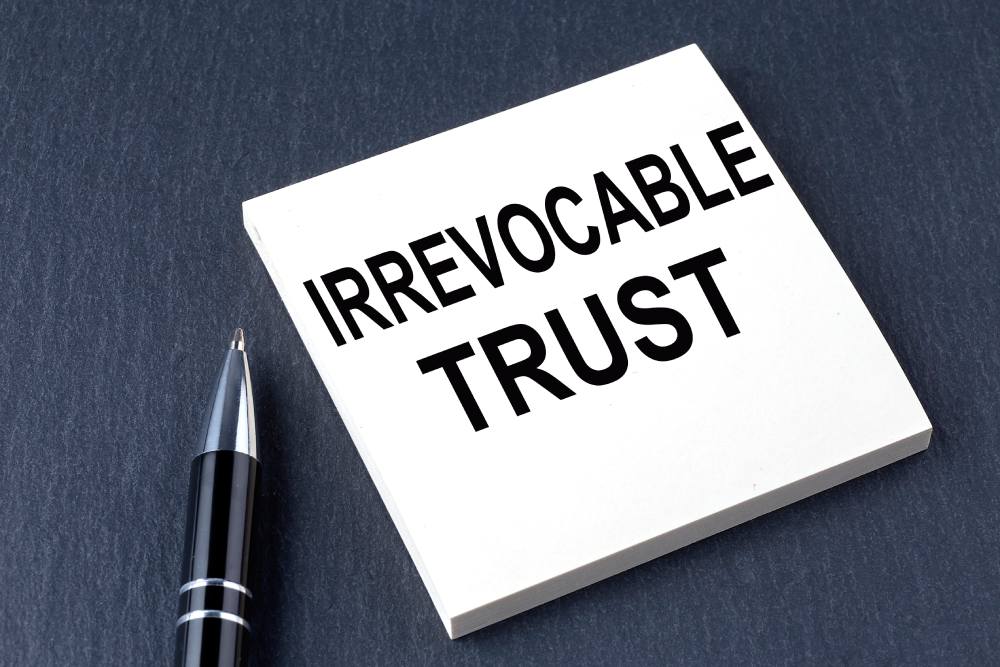Knowing how to protect your assets from a civil lawsuit is important for anyone who wants to safeguard their wealth from potential legal threats. Lawsuits can arise from any number of situations, including business disputes, personal injury claims, or contract violations.
The risk of losing assets in such scenarios is high, but with the right planning and legal structures, you can minimize the impact on your finances.
There are several strategies available to protect your assets, and they involve a combination of legal tools, strategic asset management, and careful planning. Below, we will explore the best ways to shield your wealth from legal claims and how to use those protections in a smart and legal manner.
Asset Protection Strategy Basics
Asset protection is the practice of arranging your affairs in a way that reduces the risk of losing assets in a lawsuit. The goal is to separate your wealth from personal liabilities. Different methods can be used, depending on your needs, financial goals, and the nature of the assets you wish to protect.
One of the most common ways to secure assets is by using legal entities, such as trusts or business entities, to hold your wealth in a manner that is difficult for creditors to reach.
A Nevada asset protection trust is one of the most effective ways to shield assets from legal claims. Nevada is known for its favorable laws regarding asset protection, making it a popular choice for individuals in search of strong legal safeguards for their wealth.
This type of trust can protect an assortment of assets, including real estate, investment accounts, and business holdings. By placing assets in a Nevada asset protection trust, you can make it much more difficult for creditors to access them in the event of a lawsuit.
What Assets Should Be Placed in a Trust?
When it comes to how to protect assets from a lawsuit, placing them in a trust can be a valuable option. Trusts are legal structures that hold assets for a designated beneficiary, and they offer a higher level of protection than owning assets outright.
Common assets that are often placed in a trust include real estate properties, investment portfolios, and retirement accounts. These assets can be shielded from creditors by creating a trust with specific terms that prevent them from being seized.
It’s important to note that not all assets should be placed in a trust. For example, assets that are subject to special legal considerations, such as certain types of retirement accounts or life insurance policies, may not benefit as much from being placed in a trust.
Also, there are specific rules governing how assets are treated when transferred into a trust, so it’s imperative to consult with an experienced professional to identify the best strategy for your situation.
Using Business Entities for Asset Protection
Besides trusts, business entities can also offer a strong layer of protection for your wealth. Forming a limited liability company (LLC) or a corporation allows you to separate your personal assets from those related to your business.
This can be particularly useful for individuals who own businesses because it prevents personal assets from being used to satisfy business-related liabilities.
By establishing a business entity, you create a legal distinction between your personal wealth and business assets. If your business faces a lawsuit, creditors may only be able to target the assets held within the business itself, leaving your personal assets untouched.
This is why business owners often rely on LLCs or corporations to safeguard their wealth from potential litigation.
How Custody and Escrow Services Can Help
In some cases, custody and escrow services can be used to protect assets from a lawsuit. These services allow assets to be held by a third party, making it more difficult for creditors or litigants to seize them.
By using a trusted third party to hold assets in escrow, you can create an additional layer of protection that prevents direct access to your wealth.
Custody services are frequently used to manage investment accounts, retirement funds, and other financial assets. When you use these services, your assets are in safekeeping and away from potential legal claims.
Escrow services, on the other hand, are often used in real estate transactions or business dealings, where a neutral third party holds assets until certain conditions are met. These services help reduce the risk of assets being targeted by creditors during litigation.
What You Shouldn’t Do: Avoiding Common Pitfalls
When trying to protect assets from a lawsuit, it’s important to avoid certain mistakes that could undermine your efforts.
One common pitfall is transferring assets into a trust or other legal entity after a lawsuit has been filed. Courts may view this as an attempt to defraud creditors, which could result in the assets being returned to the court’s control.
Another mistake is failing to fully comprehend the legal implications of asset protection strategies. Not all trusts and legal structures are created equal, and some may not offer the level of protection you’re looking for.
It’s important to consult with an attorney or financial planner who specializes in asset protection to make sure your strategy is effective and compliant with the law.
Protecting Real Estate and Other Personal Assets
Real estate is often one of the most valuable assets individuals own, and it’s also a common target in lawsuits. There are several ways to protect real estate from legal claims, including using a Nevada asset protection trust or transferring property to an LLC.
These methods make it harder for creditors to seize real estate assets, especially if the property is held in a trust or a business entity.
For personal assets such as bank accounts, vehicles, and investments, using a combination of trusts, business entities, and insurance can provide a high level of protection.
Life insurance policies with a named beneficiary and annuities can also be shielded from creditors in certain situations, depending on state laws.
Protecting Your Wealth with Nevada Trust Company®
Nevada Trust Company® helps individuals protect their assets through strategic planning and advanced legal tools like Nevada asset protection trusts. Our team has extensive experience in managing trust and investment services, and we offer fresh solutions precise to your unique needs.
As an independent firm, we have a thorough knowledge of asset protection and wealth management. With our custody and escrow services, we can help you create a solid strategy that keeps your wealth safe from lawsuits and other financial risks.
We work with clients from many backgrounds, including business owners, investors, and high-net-worth individuals, helping them secure their financial future.
If you have any questions about how we can help protect your assets, get in touch with us today. We are here to guide you through the process and make sure your wealth is safeguarded.



